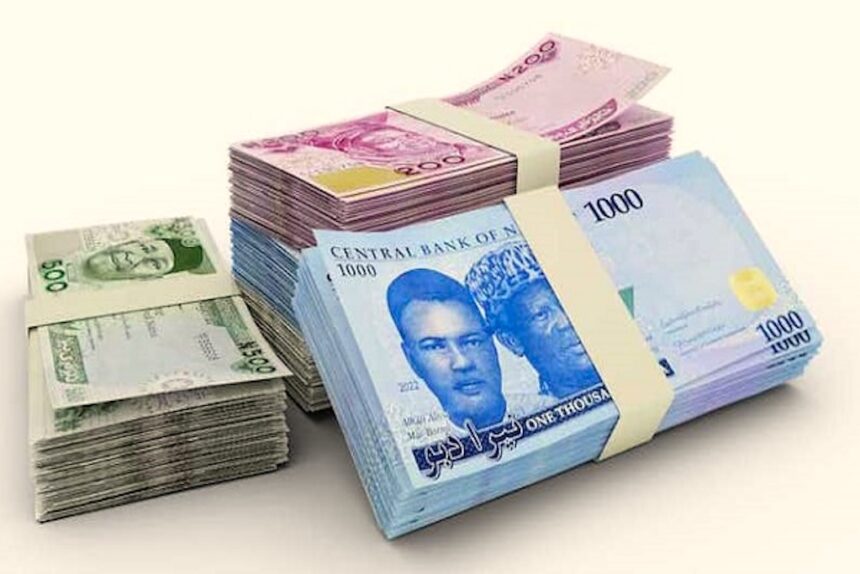According to the World Bank’s Africa Pulse report, the Nigerian naira has emerged as one of the worst-performing currencies in sub-Saharan Africa.
By August 2024, the naira had depreciated by 43%, ranking alongside the Ethiopian birr and South Sudanese pound as the region’s weakest currencies.
This decline is largely driven by increased demand for U.S. dollars, limited dollar inflows, and delays in foreign exchange disbursements by the Central Bank of Nigeria (CBN).
Despite efforts to stabilize the currency through foreign exchange market reforms, including the liberalization of the official exchange rate in June 2023, the naira continues to face significant pressure. The surging demand for U.S. dollars in the parallel market, primarily from financial institutions, money managers, and non-financial end-users, has further strained the currency.
- Advertisement -
The impact of the naira’s depreciation is evident in Nigeria’s inflation, which peaked at 34.2% in June 2024, before easing to 32.2% by August.
The weakened currency has led to higher domestic prices, particularly for imported goods, increasing the financial burden on Nigerian consumers. The removal of fuel subsidies in mid-2023 also contributed to inflationary pressures, with the World Bank predicting a 40-45% increase in fuel prices by September 2024.
On the other hand, some African currencies, like the South African rand and Kenyan shilling, have recovered in 2024 after experiencing challenges in 2023.
The Kenyan shilling appreciated by 21% year-to-date by August 2024, making it one of the best-performing currencies in the region. However, many African economies, including Nigeria, continue to grapple with foreign exchange shortages and exchange rate volatility.
Looking ahead, the World Bank projects Nigeria’s economy will grow by 3.3% in 2024, with a slight acceleration to 3.6% in 2025-2026 as fiscal reforms gradually take effect. However, inflation remains a concern, especially with the ongoing volatility in fuel and currency markets, posing challenges to economic stability.










